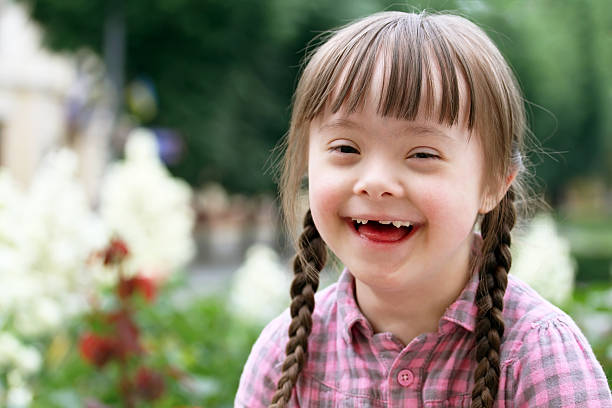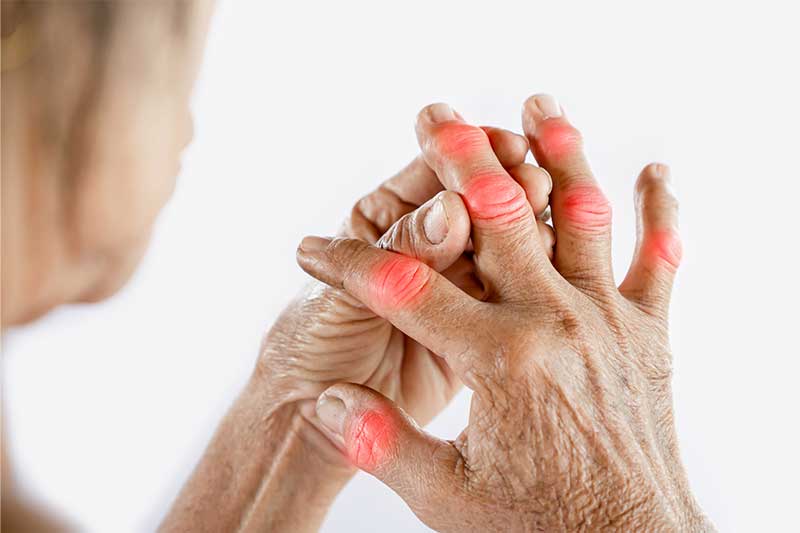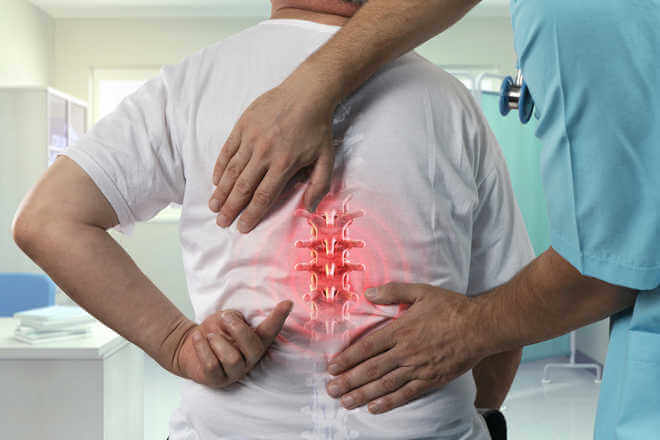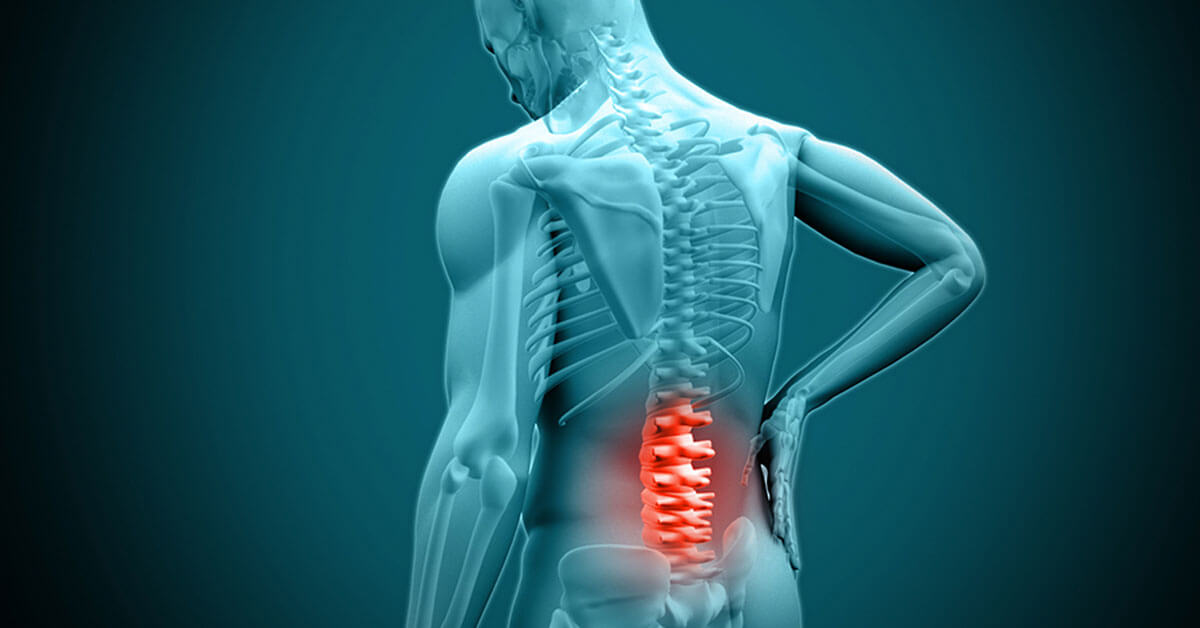Down syndrome is a genetic condition that causes mild to serious physical and developmental problems.
People with Down syndrome are born with an extra chromosome. Chromosomes are bundles of genes, and your body relies on having just the right number of them. With Down syndrome, this extra chromosome leads to a range of issues that affect you both mentally and physically.
Down syndrome is a lifelong condition. Although it can’t be cured, doctors know more about it now than ever. If your child has it, getting the right care early on can make a big difference in helping them live a full and meaningful life.
Symptoms
Down syndrome can have many effects, and it’s different for each person. Some will grow up to live almost entirely on their own, while others will need more help taking care of themselves.
Mental abilities vary, but most people with Down syndrome have mild to moderate issues with thinking, reasoning, and understanding. They’ll learn and pick up new skills their whole lives, but they may take longer to reach important goals like walking, talking, and developing social skills.
- Flattened face
- Small head
- Short neck
- Protruding tongue
- Upward slanting eye lids (palpebral fissures)
- Unusually shaped or small ears
- Poor muscle tone
- Broad, short hands with a single crease in the palm
- Relatively short fingers and small hands and feet
- Excessive flexibility
- Tiny white spots on the colored part (iris) of the eye called Brushfield’s spots
- Short height
Infants with Down syndrome may be average size, but typically they grow slowly and remain shorter than other children the same age.
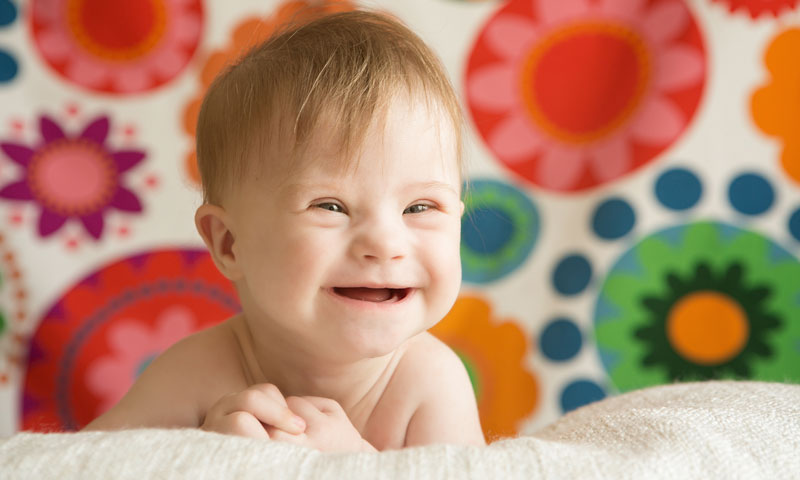
Down Syndrome Causes and Risk Factors
For most people, each cell in your body has 23 pairs of chromosomes. One chromosome in each pair comes from your mother and the other comes from your father.
But with Down syndrome, something goes wrong and you get an extra copy of chromosome 21. That means you have three copies instead of two, which leads to the symptoms of Down syndrome. Doctors aren’t sure why this happens. There’s no link to anything in the environment or anything the parents did or didn’t do.
While doctors don’t know what causes it, they do know that women 35 and older have a higher chance of having a baby with Down syndrome. If you’ve already had a child with Down syndrome, you’re more likely to have another one who has it as well.
It’s not common, but it is possible to pass Down syndrome from parent to child. Sometimes, a parent has what experts call “translocated” genes. That means some of their genes aren’t in their normal place, perhaps on a different chromosome from where they’d usually be found.
The parent doesn’t have Down syndrome because they have the right number of genes, but their child may have what’s called “translocation Down syndrome.” Not everyone with translocation Down syndrome gets it from their parents — it may also happen by chance.
